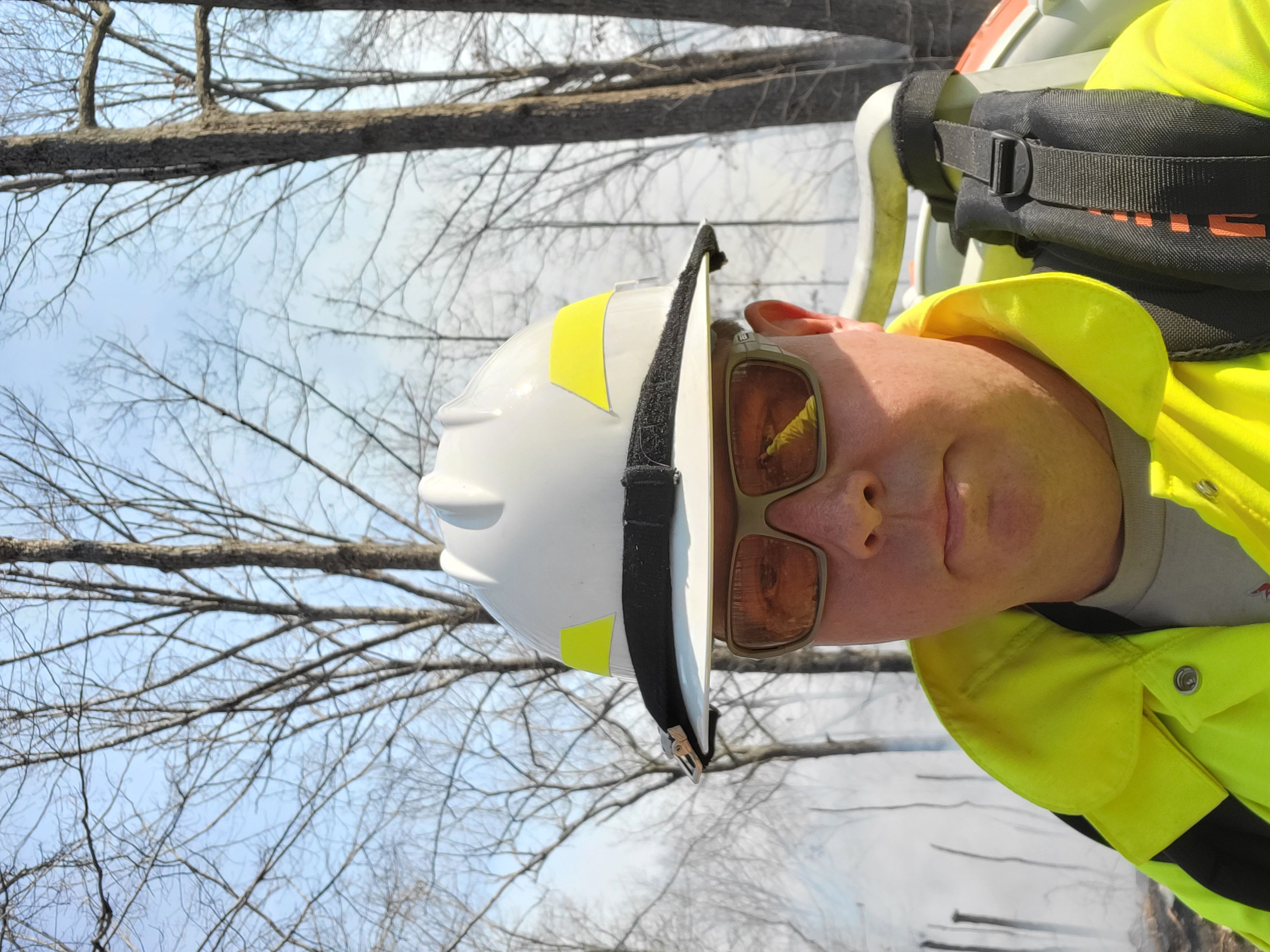Wildfires and Evacuations - A Primer
- Mark Howell

- Mar 26
- 4 min read
As fire season in the Eastern and Southern US takes off, we're seeing "new" names associated with national wildfire headlines: New York, New Jersey, the Carolinas, Alabama.
This isn't a new thing per se, the deadliest wildfire in recorded history, the Peshtigo Fire took place in Wisconsin back in 1871. An unusually strong cold front came through, shoving several of what we would now call "prescribed fires" out of their control lines and merging them into a giant, deadly inferno.
The question of wildfire isn't about "if", it's "when": certain conditions align, an ignition occurs, and the results are catastrophic.
What kind of conditions?
Excess fuel (leaves, needles, grass, brush, trees) present in an area - this could be from lack of management, a long wait between steps of management, or poor management - say a logging operation that leaves branches and parts of logs on the ground without cleanup.
Drought - for obvious reasons, drought-stressed trees and plants will burn more readily than green, moist vegetation. The worse the drought, the more likely that both live and dead fuels (logs, etc) are available to burn, and burn more intensely.
Hazardous Fire Weather Conditions - often we think of this in terms of "Red Flag Warnings"for winds and low humidity, and sure, that's the tippy-top of the "critical fire weather conditions" scale, but dangerous conditions of winds, dry fuels, and low humidity can exist without a "Red Flag Warning" issued. Even if one is, meteorology is an inexact science, and conditions may be mis-timed or over- or under-estimated.
What can I do about any of this?
Lots, summarized into three things: Plan - well ahead of time, any time is the right time to plan ahead. Prepare - before a serious emergency or disaster occurs. Act - deliberately, with a cool head.
Slow is smooth, smooth is fast.
Plan:
Know where to go if you're evacuated: potential shelter sites nearby, and friends or family out of town you can arrange to stay with.
Know how to get there: have paper maps or written directions, don't count on electronic devices, Google Maps, etc. - in an emergency these may fail due to overload, cell towers destroyed, etc, and devices are never charged when you really need them!
If you have kids, ask the school what their plan is to get children safely reunited with parents should a disaster of any kind occur.
If you have pets, include them in your evacuation plans - they need shelter, food, and water too!
Encourage neighbors, your city/county government, police/sheriff, and fire departments to participate in planning for emergencies, and doing simulations/exercises to test those plans ahead of an actual emergency.
Prepare:
Have a "Go Bag" ready for each person in the household, with all the things needed for at least one day, and preferably 3 days:
Water containers (water filter highly recommended)
Medicines and toiletries - don't forget TP and hygiene items!
Waterless soap or hand sanitizer
Change of clothes (at least undies, socks, and a spare shirt or two)
Food (MREs or similar are the best for complete nutrition, followed by dried foods)
ID and other important documents
Cash ($50-100 is ok, more is better, never put all your cash in one spot! Split it between your wallet, a pocket, glove box or console storage in the car, etc)
Chargers and cables for your devices (preferably solar with battery storage)
Write down important contacts such as family, close friends, medical providers, and veterinarian - their name, phone number, and address, in case your devices are lost, damaged, or run out of power (but you remembered your solar charger right?)
Make a "Pet Go-Bag" as well, make sure it has:
Portable bowls for food and water
Containers for their water
Medications they need
3 days' supply of food. If possible, make small vacuum-sealed bags for each meal
Don't forget carriers or a kennel/lanyard system to keep pets with you
Ensure ALL Go Bags and other needed items (kennels etc) are organized and stored/staged somewhere easily accessible so they can be quickly loaded into vehicles. Routinely check bags to make sure everything you need is in them ready to use
Act:
Pay attention to watches and warnings issued by authorities
Check and double-check you have all of your "Go Bags" and any pet essentials, and load them in your car/boat/etc you'll be taking to evacuate
If possible, leave before an evacuation is made "mandatory" or "GO NOW!"
Let close friends and family know you're leaving, and where you're heading - make sure to update them when you arrive safely
Stay informed, keep up on events.
Once at a shelter/safe location, see about resupplying your Go Bags' water, food, etc, in case you need to evacuate from there as well (it's happened, several times!)
Here's a short video demonstrating setting up a Go Bag for yourself and pets!
In Closing
Some folks will say things like "shut off power/water/gas" - this is a situational decision, and local authorities and/or utility providers should tell you whether or not they want you to do these things before leaving as part of their emergency/evacuation messaging. You should still learn where all your shut-offs are and how to safely operate them, but follow the instructions of your local authorities and utilities. When in doubt, leave it alone!
Whether it's fire, flood, earthquake, hurricane, or anything else - disasters are best handled with thoughtful planning, thorough preparation, and deliberate action. Plan. Prepare. Act.
If you need help with your own Planning, Preparation, and training for Action ahead of natural or man-made disasters, reach out via our contact form below, emailing mark@groundedtruths.com, or calling 573-889-2559.


Comments